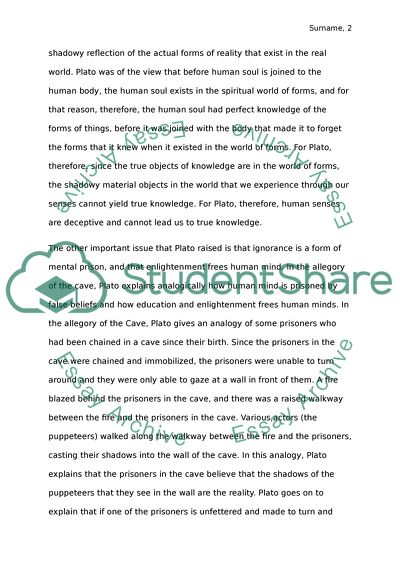Cite this document
(A Negative View of Sensory Perception Essay Example | Topics and Well Written Essays - 1500 words - 1, n.d.)
A Negative View of Sensory Perception Essay Example | Topics and Well Written Essays - 1500 words - 1. https://studentshare.org/philosophy/1875943-a-negative-view-of-sensory-perception
A Negative View of Sensory Perception Essay Example | Topics and Well Written Essays - 1500 words - 1. https://studentshare.org/philosophy/1875943-a-negative-view-of-sensory-perception
(A Negative View of Sensory Perception Essay Example | Topics and Well Written Essays - 1500 Words - 1)
A Negative View of Sensory Perception Essay Example | Topics and Well Written Essays - 1500 Words - 1. https://studentshare.org/philosophy/1875943-a-negative-view-of-sensory-perception.
A Negative View of Sensory Perception Essay Example | Topics and Well Written Essays - 1500 Words - 1. https://studentshare.org/philosophy/1875943-a-negative-view-of-sensory-perception.
“A Negative View of Sensory Perception Essay Example | Topics and Well Written Essays - 1500 Words - 1”. https://studentshare.org/philosophy/1875943-a-negative-view-of-sensory-perception.


